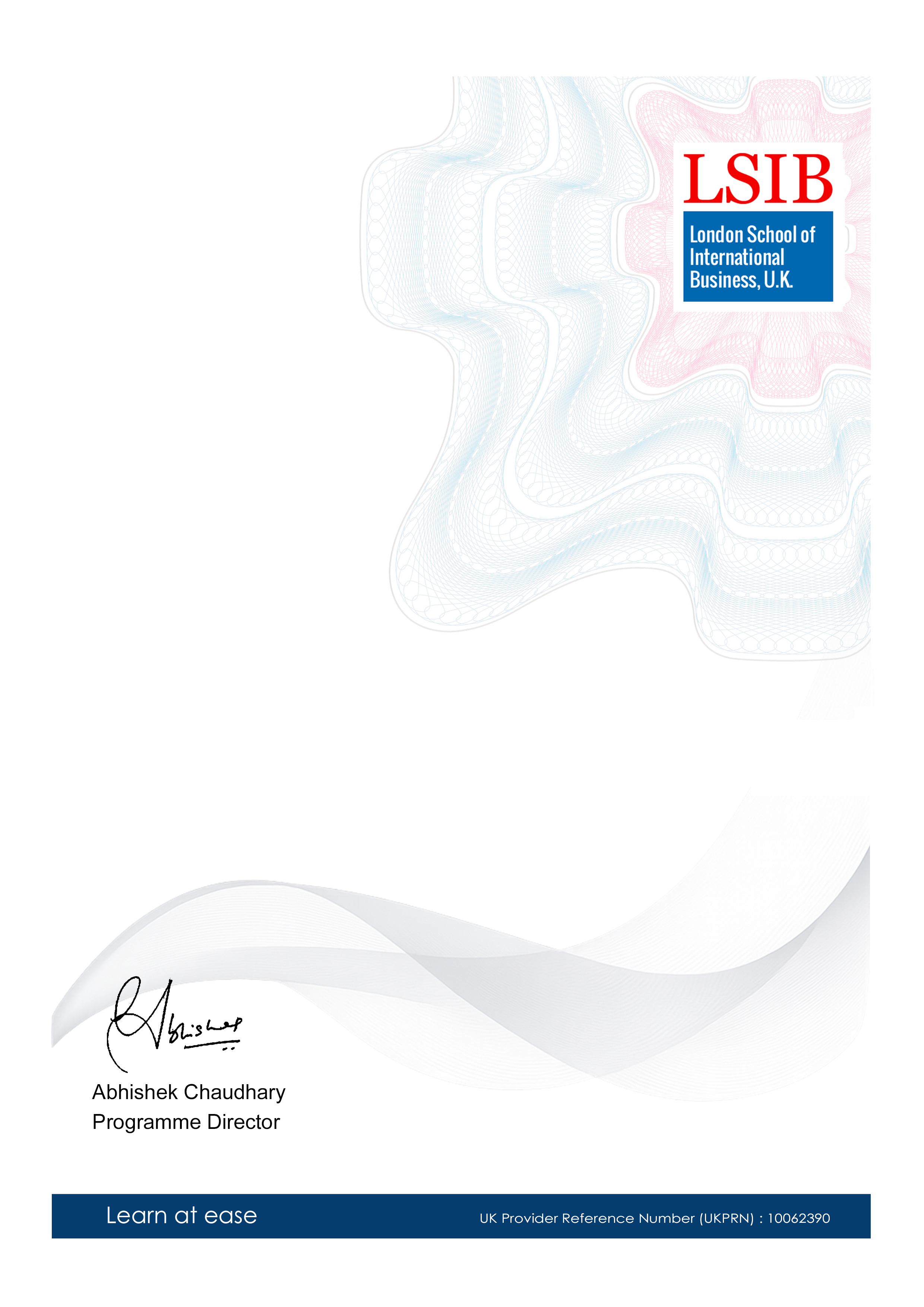Graduate Certificate in Crisis Communication for Nonprofit Agencies
-- viewing nowCrisis Communication: Master effective strategies for nonprofit agencies. This Graduate Certificate equips nonprofit professionals with the skills to navigate high-stakes situations.
7,749+
Students enrolled
GBP £ 140
GBP £ 202
Save 44% with our special offer
About this course
100% online
Learn from anywhere
Shareable certificate
Add to your LinkedIn profile
2 months to complete
at 2-3 hours a week
Start anytime
No waiting period
Course details
• Risk Assessment and Mitigation Strategies for Nonprofits
• Social Media and Crisis Management
• Crisis Communication Planning and Training
• Internal Communication During a Crisis
• Media Relations in a Crisis
• Crisis Response and Recovery
• Legal and Ethical Considerations in Crisis Communication
• Case Studies in Nonprofit Crisis Communication
• Communicating with Diverse Stakeholders During a Crisis
Career path
| Career Role | Description |
|---|---|
| Crisis Communication Manager (Nonprofit) | Develops and implements crisis communication strategies for charities and NGOs, mitigating reputational damage and ensuring effective stakeholder engagement. High demand for strategic crisis management skills. |
| Public Relations Officer (Crisis Specialist) | Manages media relations during crises, crafting compelling narratives and maintaining positive public perception for nonprofit organizations. Expertise in media relations and reputation management crucial. |
| Communications & Media Manager (Crisis Focus) | Oversees all aspects of communication, with a specialization in crisis response for the nonprofit sector. Strong internal and external communication skills are essential. |
Entry requirements
- Basic understanding of the subject matter
- Proficiency in English language
- Computer and internet access
- Basic computer skills
- Dedication to complete the course
No prior formal qualifications required. Course designed for accessibility.
Course status
This course provides practical knowledge and skills for professional development. It is:
- Not accredited by a recognized body
- Not regulated by an authorized institution
- Complementary to formal qualifications
You'll receive a certificate of completion upon successfully finishing the course.
Why people choose us for their career
Loading reviews...
Frequently Asked Questions
Course fee
- 3-4 hours per week
- Early certificate delivery
- Open enrollment - start anytime
- 2-3 hours per week
- Regular certificate delivery
- Open enrollment - start anytime
- Full course access
- Digital certificate
- Course materials
Get course information
Earn a career certificate

